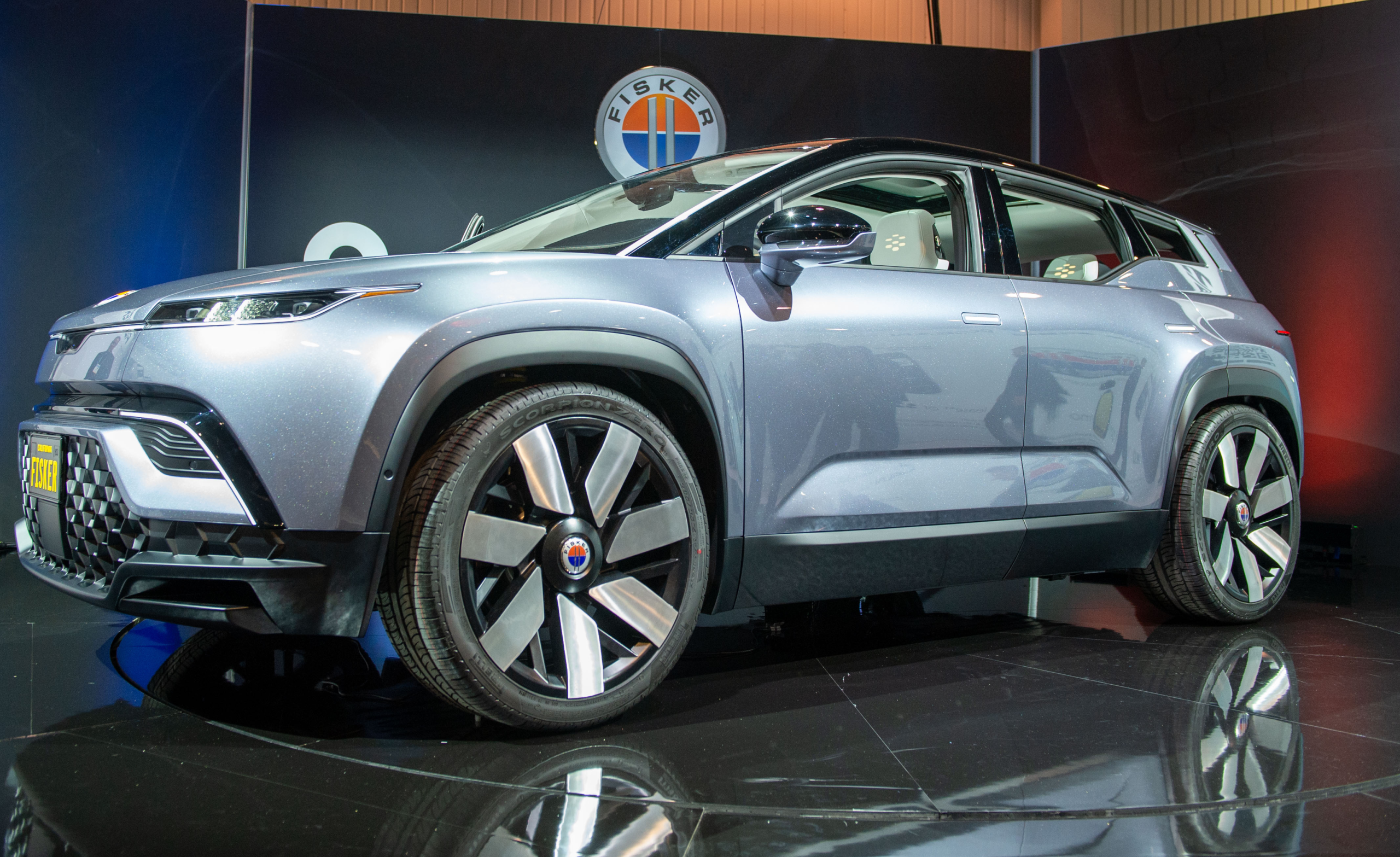
Fisker, an electric vehicle (EV) startup, is at a critical juncture in its bankruptcy proceedings, with its primary secured lender, Heights Capital Management, playing a central role.
The main issue is whether Heights, which claims priority status in the liquidation process, should be first in line to benefit from the company’s asset liquidation. This question has become a focal point as Fisker navigates its financial difficulties.
Background
Fisker is currently undergoing bankruptcy proceedings, primarily concerning its flagship vehicle, the Fisker Ocean SUV. The company’s financial troubles escalated when it received approximately $500 million in loans from Heights Capital Management in 2023. These loans were structured as convertible notes, meaning they could be converted into stock rather than being secured by physical collateral.
The situation worsened when Fisker failed to file its third-quarter financial results on time, breaching a covenant in the loan agreement with Heights. To address this breach, Fisker pledged all its assets to Heights, positioning the lender as the first in line to claim proceeds from any liquidation. Heights now claims it is still owed over $180 million.
Current Situation: Chapter 11 vs. Chapter 7
The bankruptcy case is currently under Chapter 11, which allows Fisker to operate in a limited capacity, including efforts to sell its inventory to a New York-based leasing company. However, Heights Capital Management is pushing for a conversion to Chapter 7. Under Chapter 7, the company would be dissolved, and its assets sold off, giving Heights priority in the repayment process.
Switching to Chapter 7 brings significant challenges, particularly in preparing and selling Fisker’s remaining vehicles. This shift would effectively shut down Fisker’s operations, placing control in the hands of a trustee. This change could complicate the liquidation process, as Fisker would lose its ability to manage these activities directly, making it more difficult to prepare and sell the vehicles.
Additionally, the uncertainty surrounding the bankruptcy proceedings and the potential Chapter 7 conversion has taken a toll on Fisker’s workforce. The situation has led to lower morale and a reduced number of employees, which could further hinder the company’s ability to meet its obligations and manage its remaining assets effectively.
Recent Developments
In a recent turn of events, Fisker and Heights reached a last-minute agreement to negotiate a settlement over the next three weeks. This agreement delays immediate decisions and potentially keeps the case under Chapter 11. The negotiations aim to decide on the liquidation process.
Before this agreement, a hearing was scheduled to address objections from the committee of unsecured creditors regarding the Chapter 7 conversion.
Stakeholders’ Positions
Heights Capital Management is in favor of converting the bankruptcy case to Chapter 7. The firm argues that this conversion would expedite the liquidation process and reduce associated costs, thereby facilitating the recovery of their investment.
In contrast, the committee of unsecured creditors, which includes significant stakeholders like Magna and U.S. Bank, has been investigating the relationship between Fisker and Heights. They argue that converting to Chapter 7 would benefit Heights without fully uncovering the facts surrounding the asset pledge and financial dealings.
The Department of Justice (DOJ) has also objected to the Chapter 7 conversion, citing concerns over public safety. The DOJ noted that Fisker needs to address multiple unresolved vehicle recalls, which could be jeopardized under Chapter 7.
Potential Outcomes
The next three weeks are critical as Fisker and Heights work towards a settlement. If they reach an agreement, the case could stay under Chapter 11, enabling a more orderly liquidation process. However, if no settlement is achieved, the case may convert to Chapter 7, prioritizing Heights but potentially complicating the liquidation of Fisker’s remaining assets and raising public safety concerns due to unresolved vehicle recalls.
The outcome of these negotiations will have significant implications for all parties involved. The decision on whether to continue under Chapter 11 or switch to Chapter 7 will crucially impact how Fisker’s assets are handled and the overall resolution of the bankruptcy proceedings.
Featured Image courtesy of Bridget Bennett/Bloomberg
Follow us for the latest updates on Fisker.
